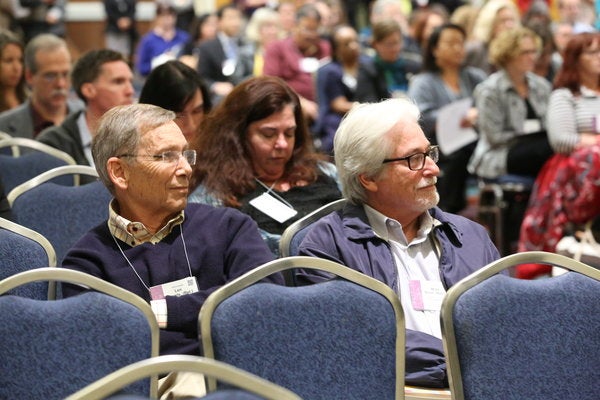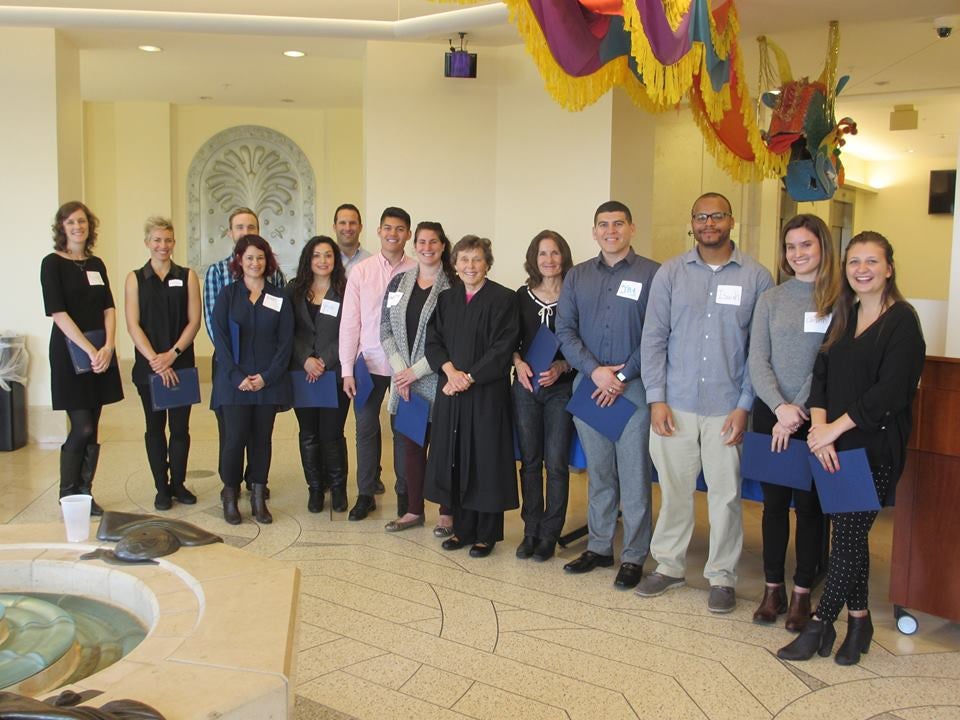
CASA Connects the Community and the Courts
California is home to more than 60,000 foster children. While foster youth are required to have lawyers and social workers, many children are fortunate to also have a CASA (court-appointed special advocate). CASAs are trained, court-appointed volunteers who ensure that foster children have not only a voice in court proceedings, but also have access to basic services for a stable future.
“CASA programs have been of immense value both to judges and the children over whom we have a legal responsibility,” said Judge Leonard Edwards. “Because of the time spent with the child, a CASA knows what the child needs and wants and gives that critical information to make a decision that is in the child’s best interests.”
Judge Edwards is a retired juvenile dependency judge who now works as a volunteer mentor judge for the Judicial Council’s Center for Family and Children and the Courts. Forty years ago, he helped lead the CASA movement in California by establishing a program in Santa Clara County.
Today, California has 44 local CASA programs and 8,000 volunteers who serve as mentors to 13,000 foster youth, according to the California CASA Association.
“I wish every child had a CASA,” said Judge Donna Hitchens, a retired dependency judge. “Having someone to give them [foster children] one-on-one attention and help them cope with their trauma has a behavioral and emotional impact.”
CASAs spend a minimum of 12 hours each month with their foster youth and write detailed reports about their child’s progress, which may include information about academic goals, living conditions and doctor appointments. These reports supplement reports provided by social workers and lawyers who are also assigned to the foster child.
“When I see there’s a CASA assigned to the case, I look to their reports and review their recommendations very carefully,” said Judge Nancy Davis, a dependency court judge for the San Francisco Superior Court. “The CASA has spent a lot of time with the child and I know their report is going to provide valuable insight that helps me make the best decision that I can for that youth.”



